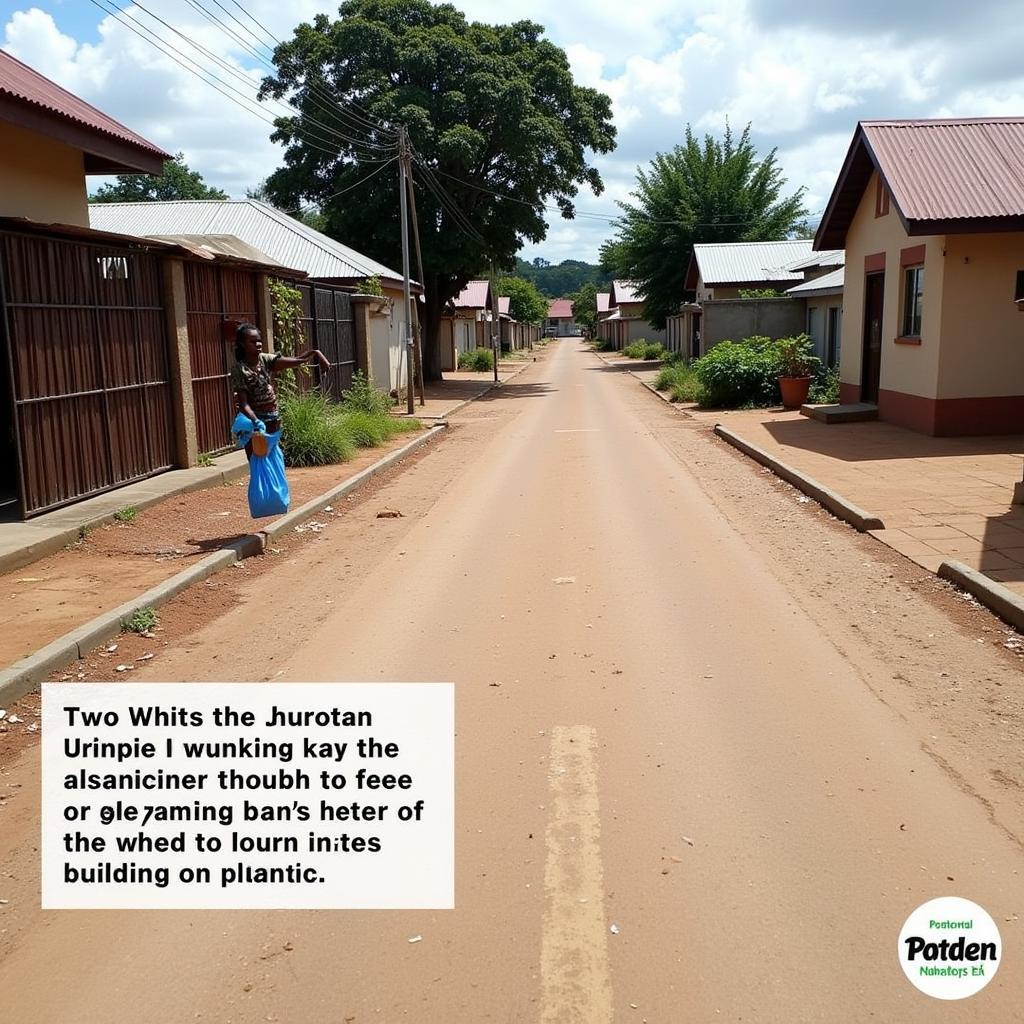African Development Bank Abidjan: A Catalyst for Continental Growth
The African Development Bank (AfDB) headquartered in Abidjan, Côte d’Ivoire, plays a pivotal role in financing and fostering sustainable economic development and social progress across the African continent. From its inception, the AfDB has focused on reducing poverty, improving living conditions, and promoting sustainable growth through strategic investments and partnerships. This article will explore the bank’s history, functions, and impact on African development. After reading this, you will have a clear understanding of the AfDB’s significance in shaping Africa’s future. Check out this article on the African Charter on Women and Children for more information about related initiatives.
The AfDB’s History and Mandate
The African Development Bank Group was established in 1964, emerging from the dreams of newly independent African nations to build a prosperous future. The agreement establishing the bank was signed by 23 founding member states in Khartoum, Sudan. The AfDB’s initial focus was on large-scale infrastructure projects, vital for connecting African economies and facilitating trade. Over time, the bank’s mandate expanded to include a broader range of development initiatives, including private sector development, governance, and regional integration. The AfDB Group now comprises three entities: the African Development Bank (ADB), the African Development Fund (ADF), and the Nigeria Trust Fund (NTF). These entities work together to provide a range of financial and technical assistance to African countries.
The AfDB’s Role in African Development
The African Development Bank Abidjan plays a crucial role in addressing the continent’s diverse development challenges. The bank provides funding for a wide range of projects across various sectors, including infrastructure, agriculture, education, health, and energy. The AfDB also plays a key role in promoting good governance and supporting private sector development, recognizing these as essential for sustainable economic growth.
Funding Key Infrastructure Projects
Recognizing that infrastructure is the backbone of economic growth, the AfDB invests heavily in projects that improve connectivity and facilitate trade. This includes investments in transport, energy, water, and ICT infrastructure. These investments aim to create an enabling environment for businesses to thrive and for African economies to become more competitive on the global stage.
Supporting Sustainable Agriculture
With a large portion of the African population dependent on agriculture for their livelihoods, the AfDB prioritizes investments in sustainable agricultural practices. The bank provides funding and technical assistance to farmers and agribusinesses, promoting climate-smart agriculture and increasing productivity. These initiatives aim to enhance food security, create jobs, and improve rural incomes.
Promoting Education and Skills Development
Investing in human capital is critical for long-term economic development. The AfDB recognizes this and supports education and skills development initiatives across the continent. The bank invests in building schools, training teachers, and providing scholarships to students. These efforts aim to equip Africa’s youth with the skills they need to compete in the global economy and drive future growth. Learn more about the African Convention on Human Right.
Fostering Regional Integration
The AfDB recognizes that regional integration is essential for unlocking Africa’s economic potential. The bank supports initiatives that promote cross-border trade, investment, and infrastructure development. These efforts aim to create larger, more integrated markets, fostering economic diversification and increasing competitiveness. You might also be interested in reading about an African boy adopted.
The Future of the AfDB and African Development
The African Development Bank continues to play a vital role in shaping the future of African development. The bank is committed to addressing the continent’s most pressing challenges, including climate change, poverty, and inequality. “The AfDB’s support for renewable energy projects is crucial for ensuring Africa’s sustainable development,” says Dr. Amina Osman, a leading economist specializing in African development.
The AfDB is also working to strengthen partnerships with other development institutions and the private sector to leverage additional resources and expertise. “The AfDB’s focus on partnerships is key to maximizing its impact on the ground,” states Professor Kwame Nkrumah, an expert in international development finance. The African Development Bank in Abidjan remains a critical partner for African countries as they strive to achieve their development goals. The bank’s continued commitment to innovation and collaboration will be essential for driving sustainable and inclusive growth across the continent. For more information on African American artwork, check out this article. This article further discusses the African American Drama Movies on Netflix if you’re looking for some entertainment.
Conclusion
The African Development Bank Abidjan stands as a beacon of hope and progress for the African continent. Its commitment to sustainable development, poverty reduction, and regional integration is evident in its diverse portfolio of projects and initiatives. The AfDB’s continued efforts, coupled with strategic partnerships, will be instrumental in unlocking Africa’s vast potential and building a brighter future for all its people.
FAQ
-
What is the main goal of the African Development Bank?
The main goal is to spur sustainable economic development and social progress in its regional member countries. -
Where is the AfDB headquarters located?
The headquarters are in Abidjan, Côte d’Ivoire. -
Who are the members of the AfDB?
The AfDB Group comprises 54 African countries and 27 non-African countries. -
What types of projects does the AfDB fund?
The AfDB funds projects in various sectors, including infrastructure, agriculture, education, health, and energy. -
How does the AfDB promote regional integration?
The AfDB supports initiatives that promote cross-border trade, investment, and infrastructure development. -
What is the role of the African Development Fund (ADF)?
The ADF provides concessional loans and grants to the poorest African countries. -
How can I learn more about the AfDB’s work?
You can visit the AfDB’s website for detailed information about their projects, initiatives, and publications.
Scenarios
-
Scenario: A small business owner in a rural African community wants to expand their operations but lacks access to finance.
Question: How can the AfDB help?
Answer: The AfDB can provide financial assistance through various programs and initiatives, including loans, grants, and equity investments. -
Scenario: A government is planning a large-scale infrastructure project to improve transportation links within the country.
Question: How can the AfDB support this project?
Answer: The AfDB can provide funding, technical expertise, and project management support to ensure the project’s successful implementation.
Further Exploration
- Explore other articles on this website related to African development and finance.
- Learn more about the specific projects funded by the AfDB in different African countries.
Call to Action
For support or inquiries, contact us at Phone: +255768904061, Email: kaka.mag@gmail.com or visit us at Mbarali DC Mawindi, Kangaga, Tanzania. We have a 24/7 customer support team available to assist you.


